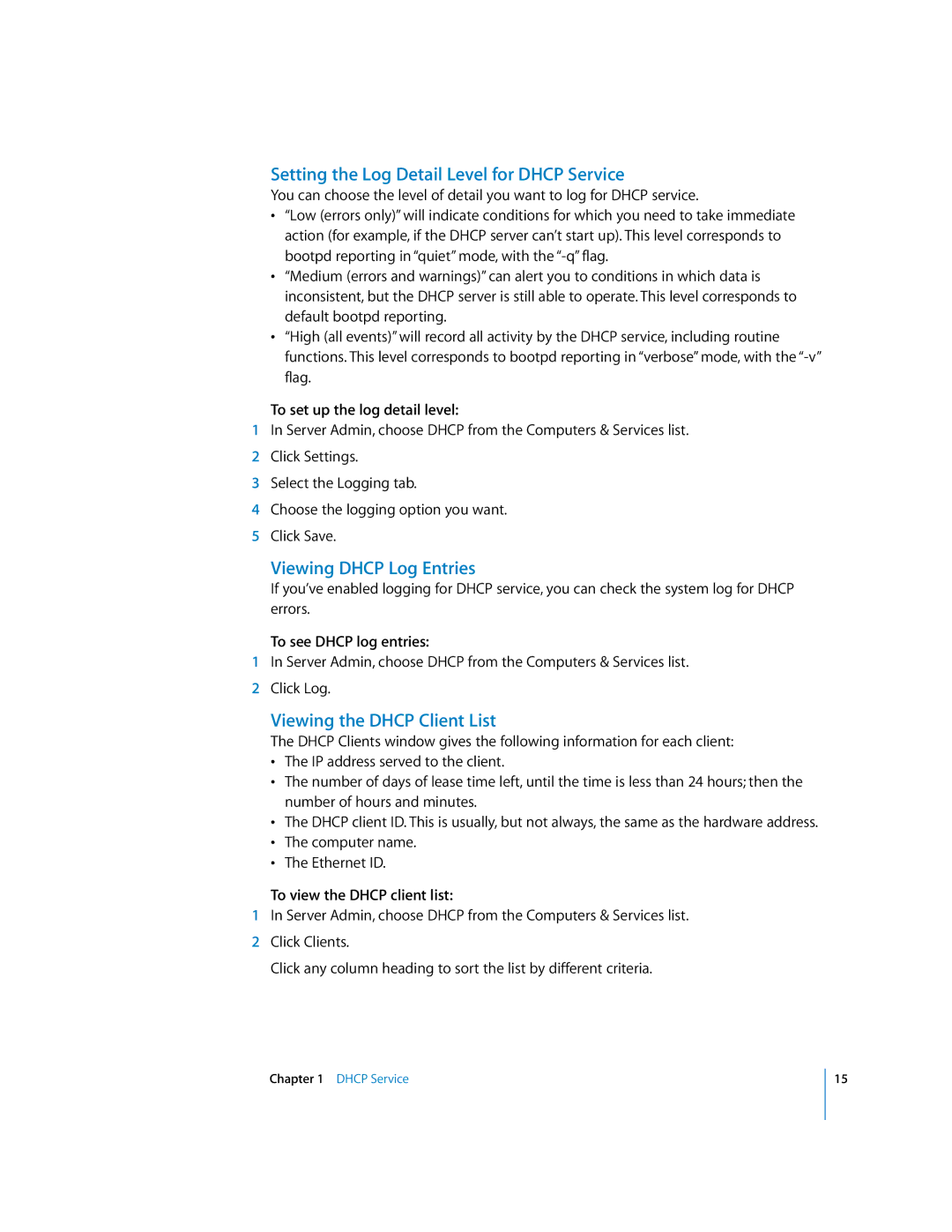034-2351_Cvr specifications
The Apple 034-2351_Cvr is a remarkable product designed to enhance the user experience for various Apple devices. Known primarily as a protective cover, the 034-2351_Cvr is tailored to meet the demands of both functionality and style.One of the main features of the 034-2351_Cvr is its premium materials that provide durability while maintaining a lightweight profile. Made from high-quality polycarbonate and soft-touch silicone, the cover not only protects devices from scratches and minor drops but also offers a comfortable grip. The edges of the cover are reinforced to absorb shocks, ensuring your device remains secure under everyday use.
Another defining characteristic is the precise cutouts and tailored design that allows for seamless access to all ports and buttons. Users can easily charge their devices, utilize speakers, and access buttons without needing to remove the cover. This focus on user accessibility aligns perfectly with Apple’s ethos of simplicity and ease of use.
In terms of technology, the 034-2351_Cvr features advanced features that cater to modern-day needs. It provides compatibility with wireless charging, ensuring that users can charge their devices without the hassle of removing the cover. This convenience is especially valuable for users who travel frequently and rely on wireless charging solutions.
Additionally, this cover incorporates antimicrobial properties, helping to reduce the growth of bacteria on its surface. This is increasingly important for users who are aware of hygiene, especially during a time when sanitization has become a priority in everyday life.
Design-wise, the 034-2351_Cvr is available in a range of colors and finishes, allowing users to personalize their devices according to their style. Whether one prefers a sleek matte look or a vibrant glossy finish, there is an option to suit every aesthetic.
Furthermore, the cover is designed to fit securely without adding bulk, preserving the slim profile of the device it protects. This maintains the sleek Apple design language while offering essential protection.
In conclusion, the Apple 034-2351_Cvr is more than just a protective accessory. With its combination of high-quality materials, advanced technologies, and stylish design, it embodies the essence of modern device protection, making it an essential accessory for Apple device users.
